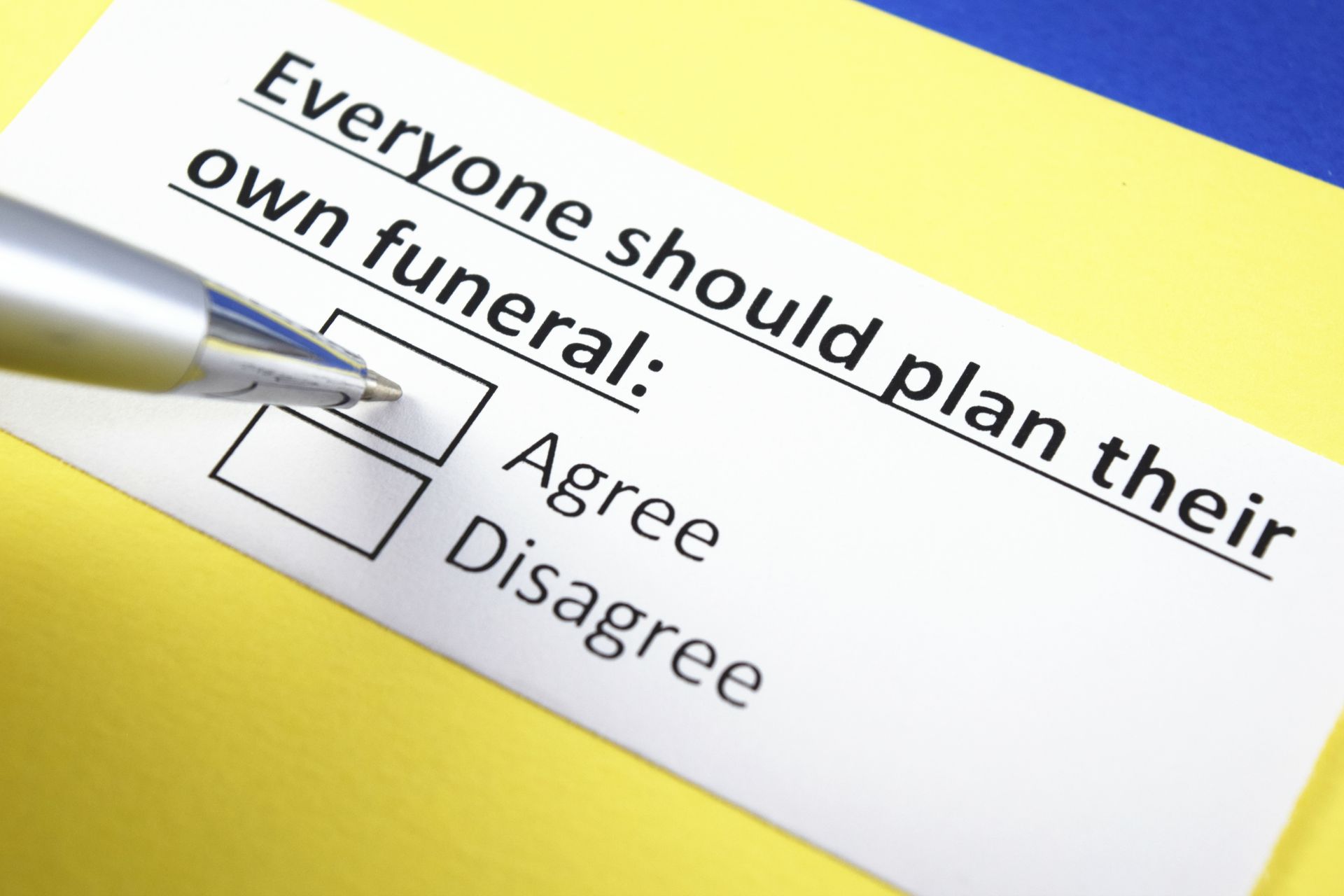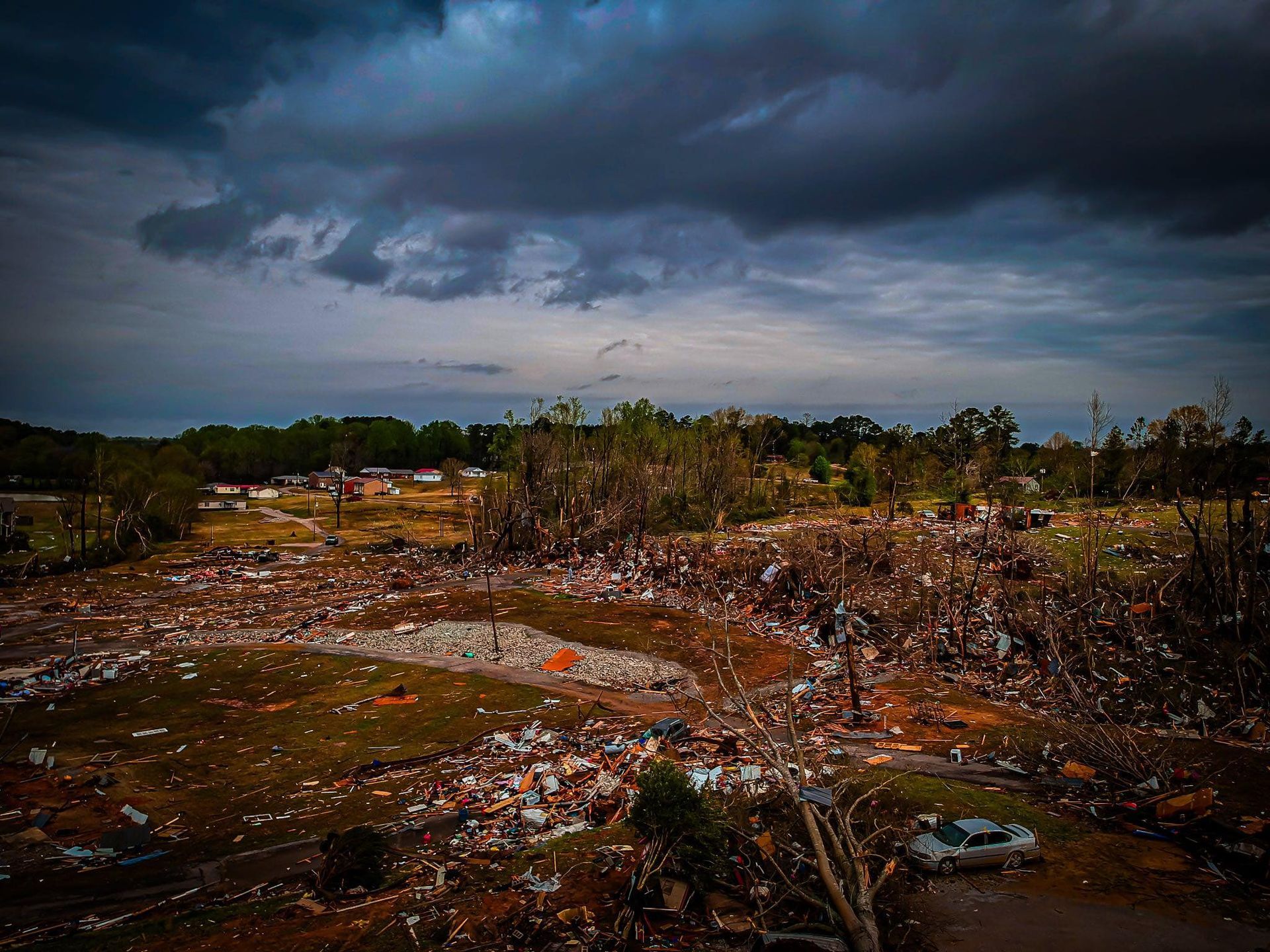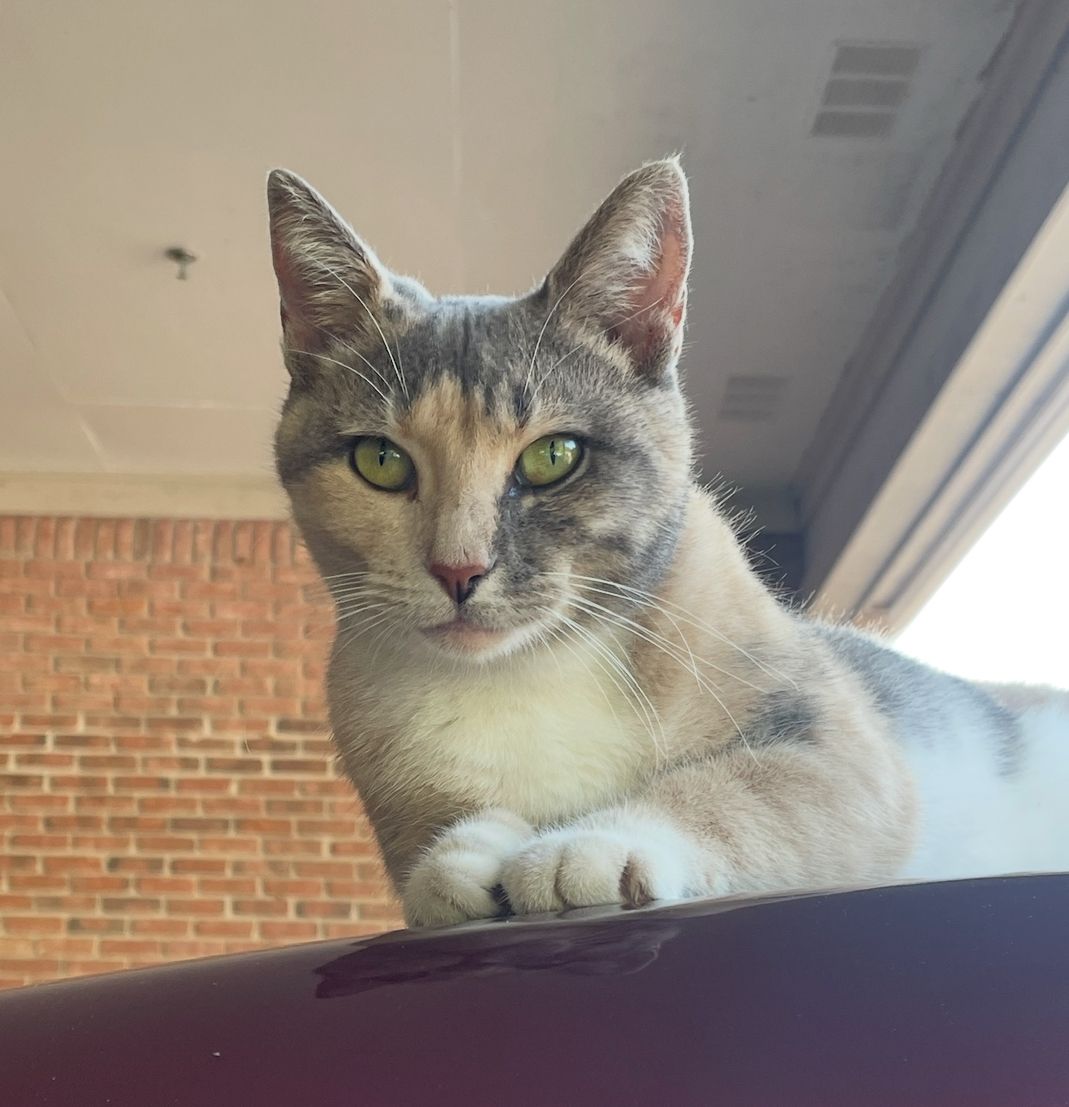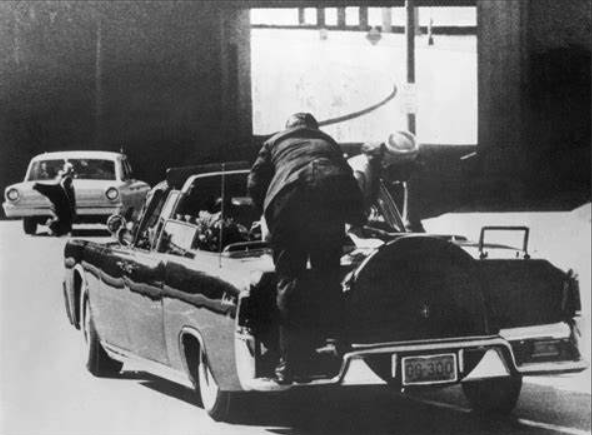Good morning! Or afternoon . . . or evening . . . or night . . . whichever is applicable given when you might be reading this. On today’s agenda . . . planning my own funeral.
Now before anyone gets all disturbed, allow me to clarify. In my instance it isn’t because I need to due to illness or impending death. It’s because I want to.
There are a number of reasons I might tackle this particular task, not the least of which being that I never know when my well laid plans might be required. Sure, my family could just take care of everything after I depart, but I can’t tell you how many times I’ve mentioned a song I’d like to have played or something I’d like to have said or done at my going away party, and whichever responsible person is present will tell me to write it down. The last time I mentioned several desired items my son (who also happens to be the General Manager of Advance Planning for our businesses) glared at me and very sternly (and I seem to remember with a slightly raised voice) said, “WRITE. IT. DOWN.”
So why would someone decide to begin what for many is an unsettling task? I mean after all, it requires us to not only acknowledge our own mortality, but to actually plan for it. How disconcerting is that? I not only have to admit I’m going to die, I have to ponder what that looks like and how it will affect my family in the aftermath. In my years of funeral service (which are many), I’ve found that most folks will pre-plan for their demise for one or more of the following reasons:
1. You don’t trust the people you’re leaving behind to do it the way you want it done. Maybe you don’t want cremation, but your family is all in favor of it. Or maybe you want to be cremated but your family refuses. Maybe you do (or don’t) want a big send-off and you just want to be certain your wishes are followed. So, you plan your own service, provide a copy to someone you trust to carry out your wishes, and give them the legal authority and the funding to do just that.
2. You trust the people you’re leaving behind to do it the way you want it done, but you know things those people don’t. For example: Where were you born? What’s your mother’s maiden name? Do you have a preferred cemetery for burial? If you want to be cremated, what happens after that? When Death comes calling, there are so many questions requiring answers that were often never discussed or even thought of beforehand. The process gets a tad bit easier if the answers are already there, just waiting for the questions to be asked.
3. Love, rather than trust, is the driving force. You know those you leave behind will struggle with your death, and you want to make the process as easy for them as possible while still affording them the opportunity to publicly grieve their loss and share that time with their friends (and yours) and their extended family. So, your plan becomes a road map they can follow with the destination being a service that honors your life while helping them cope with its ending.
4. You just want the peace of mind that comes with crossing one more thing off a very long list of after death necessities that really should be addressed before his arrival.
Not every pre-planned funeral is also pre-paid, but if you want complete peace of mind, that final step is always available through a plethora of options from which you can choose. Then the question of payment at the time of death vanishes. It’s already taken care of.
So, I’m writing down my songs (there may be an abundance) and who I would like to have speak (spoiler alert: it’s not who you might think), what cemetery should receive my mortal remains—and that there should be Snickerdoodles for everyone in attendance (which probably won’t happen unless I manage to bake them right before I go). I’ll fill out the personal information sheets and probably get around to writing my own obituary (since nobody knows me better than me). All of which my family will never know how much they appreciate until I’m not around for them to thank. I guess that means I’m functioning on a combination of reasons 2 and 3—which, honestly, gives me the peace of mind I mentioned in number 4.
About the author: Lisa Shackelford Thomas is a fourth generation member of a family that’s been in funeral service since 1926. She has been employed at Shackelford Funeral Directors in Savannah, Tennessee for over 40 years and currently serves as the manager there. Any opinions expressed here are hers and hers alone, and may or may not reflect the opinions of other Shackelford family members or staff.













